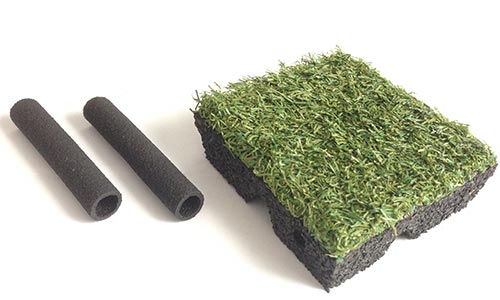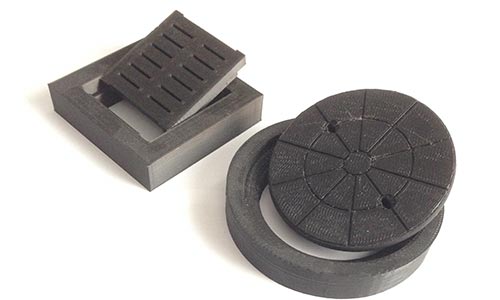
Tire Recycling Consulting
Pyrolysis Consulting
Shop
Webinars
Used Equipment
Advertising
News Events FAQ About Us Contact Search
News Events FAQ About Us Contact Search
Tire Recycling
Once you have traded off budgets against technology, products and markets, a new tire recycing project needs a detailed financial plan that allows accurately projecting your cashflows and profits based on hundreds of individual parameters.
Switch to tire pyrolysisWeibold’s Financial Modelling module serves a three-fold purpose:
Our financial models allow you to rely on accurate calculations based on a hundreds of explicit parameters that are rolled up into high level summaries based on internationally accepted accounting principles. You can rest assured that the financial portion of your tire recycling business plan will withstand the scrutiny of any analysts, however meticulous their due diligence may be.
Prerequisites for completing this module is either a Pre-Feasibility Study or a detailed description of the operational model of your tire recycling project along with providing definition and values for all variables.
Our deliverable in this module is a customized MS Excel document in which every variable parameter is made explicit, clearly marked, and adapted to the business model of your tire recycling project. It calculates revenues based on price and volumetric assumptions for adjustable product mixes, as well as all labor and overhead costs based on changeable parameters. It projects Profit & Loss, Cashflow and Balance Sheets over a 20-year project plan based on changeable volume assumption curves. It allows structuring the equity and debt financing modes and amortizing the investment over time. It then calculates Cash-Positive points, Return on Investment, and Key Performance Indicators which can be compared to industry standard benchmarks. The sheets also summarize the results in formatted tables and graphs for inclusion in business plans, presentations, or subsidy applications. The file comes with a limited use license for adapting the model based on changing market conditions.
Weibold is conducting trend, market and technology studies for Clients around the globe. Our Clients include plant operators, investors, lenders, recycling associations, technology providers, and product manufacturers. Now selected cross sections of the knowledge we have collected and pooled in our research database is available for recycling strategists and operators looking for innovations and trends on specific subjects in world-wide markets.

The full-scale Bankable Business Plan gives the Client a detailed industry description and outlook, inform about existing and future target markets, include a competitor analysis, financial modelling tool as well as information about regulations. Recycling tires into materials such as steel-free crumb rubber and fine rubber powder used to be a profitable venture; however, due to market saturation in developed economies, tire recycling companies might want to shift their focus from raw materials to potentially higher-priced consumer goods made from recycled rubber or even virgin rubber which can be replaced by tire-derived materials.

In this Pre-Feasibility Study, Weibold considers the latest developments world-wide in utilizing ELT derived textile fraction for purposes other than incineration. The work will result into a list of companies, explaining the following: a) the methods for processing, b) the technical readiness level, c) any successful references, d) logistical considerations (low weight/volume vs. capital investment), e) and to what extent this application could be applied to the Client's specific situation.

The document is both an introduction to manufacturing of sewer covers and grids made out of end-of life tires (ELT) explaining input materials, processing techniques, manufacturers, suppliers of technology, prices, materials, characteristics, life expectancy, etc. It will be based on research and preparatory work performed for the specific situation of the customer in the target area. Recycling tires into materials such as steel-free crumb rubber and fine rubber powder used to be a profitable venture; however, due to market saturation in developed economies, tire recycling companies might want to shift their focus from raw materials to potentially higher-priced consumer goods made from recycled rubber or even virgin rubber which can be replaced by tire-derived materials.